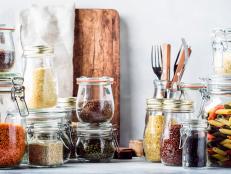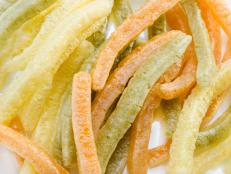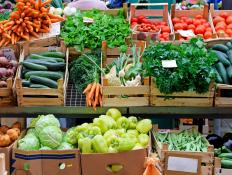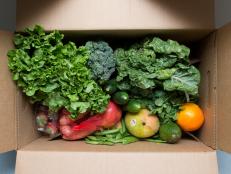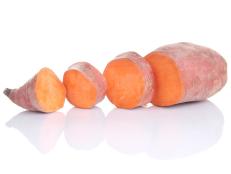1 / 11
Photo: Charday Penn
Bye-Bye, Bloating
Spoiler alert: Bloating happens! A normal part of healthy digestion involves being a little bloated from time to time. That said, no one likes the pressure and discomfort associated with excess bloat. Aim for optimal digestion and minimize bloat by eating more of these 10 foods.





























